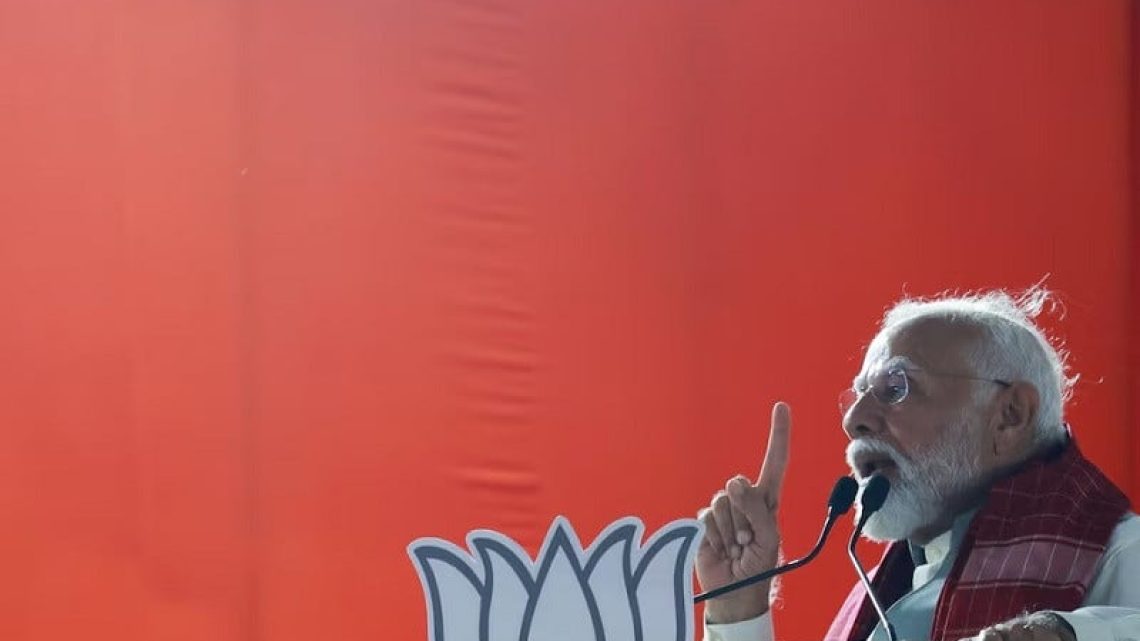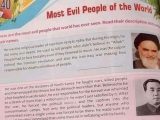
Indian PM Modi Continues Targeting Muslims in Election Campaign
May 3, 2024Narendra Modi’s anti-Muslim narrative made India’s main opposition party, the Congress, file a complaint with the Election Commission alleging that Prime Minister Narendra Modi, known for his Hindu nationalist stance, has engaged in divisive rhetoric targeting minority Muslims during a campaign speech.
The complaint comes amidst India’s ongoing general elections, where Modi’s Bharatiya Janata Party (BJP) is seeking another term in office. India, despite being constitutionally secular, prohibits election campaigning based on communal sentiments.
Modi’s political strategy, often characterized by a pro-Hindu stance, has been a significant factor in his electoral success. However, critics accuse him of marginalizing India’s substantial Muslim population, estimated at around 200 million.
Although Modi typically refrains from explicit religious references in his speeches, his recent remarks at a rally in Rajasthan have stirred controversy. He alleged that a previous Congress government had favored Muslims over others in the distribution of national wealth, insinuating that Congress would prioritize Muslims and “infiltrators” if elected.
The Congress party swiftly condemned Modi’s remarks, labeling them as “divisive, objectionable, and malicious,” specifically targeting a religious community. They argue that Modi’s statements violate electoral laws and represent an unprecedented level of religious polarization by a sitting Prime Minister in India’s history.
Congress spokesperson Abhishek Manu Singhvi emphasized the need for concrete action by the Election Commission in response to Modi’s alleged violations.
Despite the criticism, Modi and the BJP remain frontrunners in the ongoing elections, with results expected on June 4th. This election season has seen Modi’s BJP invoking Hindu symbols and sentiments, such as the recent inauguration of a grand temple dedicated to the deity Ram on the site of a demolished mosque.
BJP spokesperson Gaurav Bhatia defended Modi’s remarks, stating that the Prime Minister was speaking candidly and reflecting the sentiments of the people.
The allegations against Modi highlight the broader debate surrounding secularism and religious identity in Indian politics. As the world’s largest democracy, India grapples with the challenge of balancing religious diversity with political rhetoric that often veers towards majoritarianism.
The outcome of India’s elections will not only determine the country’s political landscape but also shape its social fabric, particularly concerning religious tolerance and inclusivity. The controversy surrounding Modi’s speech underscores the importance of upholding electoral integrity and fostering a climate of respect and unity, regardless of religious affiliation.

